Qpinch helps global industry to reach zero emissions faster
Industry in Europe uses about a quarter of all energy and, as a result, causes about the same amount of CO2 emissions. Heat, not electricity, accounts for the lion’s share of that energy. The residual heat that leaves the processes is unusable and is lost to the environment. If we were to reuse that residual heat, we would have a huge potential source of energy savings. That is exactly what the Antwerp scale-up Qpinch, a spin-off of Ghent University, wants to achieve. A fine example of cleantech.
The Cleantech of Qpinch
Qpinch is inspired by the energy process in nature: the ATP-ADP cycle in living cells. Our cells use chemistry to store and release energy. This works well at low temperatures, but it is not suitable for industrial applications. Qpinch figured out how to mimic this with inorganic chemistry and at much higher temperatures. So this invention is a large-scale copy.
The principle can be explained as follows. Qpinch’s installation extracts some of the energy from the residual heat to create new process heat at a much higher temperature – sometimes by up to 100 degrees. This is then reused in the processes. So Qpinch turns energy that seems completely worthless into new, perfectly usable heat.
As process heat is usually harnessed from natural gas or other fossil fuels, not only is there a financial saving – energy can be the biggest cost in the production process – but there is also a drastic reduction in CO2 emissions.
Winner of the ICIS Innovation Award 2020
At the end of 2020, Qpinch won the ICIS Innovation Award, just about the most prestigious prize for petrochemicals. The jury was very enthusiastic. Top executives from BASF and Accenture, among others, found the technology particularly attractive because it is widely applicable and it is a real game changer in the market. Qpinch, like Thumbelina, can provide large companies with a solution to an extensive problem. The attention to this recognition has also woken up companies. Since 2019, the net-zero emissions target to be achieved by 2050 has been high on the priority list of many companies.
Flanders is too small
99.5% of Qpinch’s market potential is located outside Flanders. Belgium may have the largest petrochemical cluster in Europe in the port of Antwerp, there are thousands of petrochemical plants worldwide. Through Qpinch, hundreds of companies can save CO2 emissions and money on a large scale. The initial focus for companies like Qpinch is petrochemicals in regions where energy costs are high and companies that are taking the lead to invest in large-scale emission reduction. In summary, this is the EU, the UK, parts of Asia and the Middle East.
The role of Cleantech Flanders
As a cleantech company, you have to go international. That’s why organisations such as Cleantech Flanders and Flanders Investment & Trade are crucial. FIT’s local contacts and the targeted promotion of Cleantech Flanders and FIT can open doors much more quickly and save a lot of time and effort.
New customers can be acquired by demonstrating technologies on a large scale. Partnerships with companies that can build or integrate technology into their wholesale solutions are therefore a necessity. This growth is also a challenge because it means we have to recruit experienced engineering professionals, and they are scarce.
Qpinch has come a long way, especially thanks to government support from VLAIO and with the help of research centres. The story of this cleantech company is far from over. They are now planning a second product line that could mean a lot for lower temperatures in the food and paper industries. They want to prepare these for roll-out, too.


Erik Verdeyen
Chief Evangelist Q-pinch


